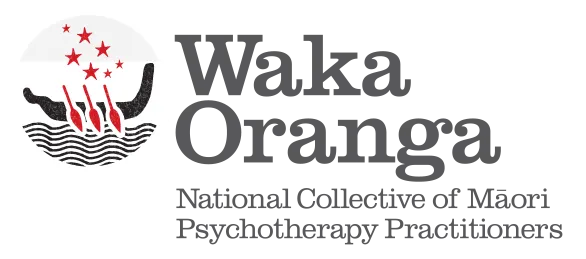As members of the Rainbow Ropū of the Association of Psychotherapists Aotearoa New Zealand, we are heartened that our association has issued this important apology for the historic and ongoing harms caused by psychotherapy to takatāpui and LGBTQIA+ people in Aotearoa New Zealand. As psychotherapists with many years of collective experience working with other members of Rainbow Communities, we are acutely cognisant of the past harms inflicted on members of our communities by psychiatrists, psychologists, and psychotherapists.
We believe an understanding of how so much harm occurred contains critical lessons for our profession. Recent scholarship by Māori academics has shown how colonisation led to the imposition of Victorian era, Christian norms and the subjugation of traditional Māori sexualities and gender identities. The same happened across the Pacific. Same-sex attraction and gender diversity that was once culturally embraced, became ‘sinful’ or ‘immoral’ in the eyes of churches and missionaries and a source of whakamā, or shame. Later it became illegal by law. Eventually, sexual and gender diversity became a sign of ‘illness’ in need of a cure. From an Indigenous perspective, Sexual Orientation and Gender Identity Change Efforts are therefore part of the ongoing, insidious process of colonisation.
Negative attitudes toward people with diverse genders and sexualities surged in Aotearoa New Zealand during the 1950s and 60s, mirroring a period of social conservatism in the UK and the US after the upheaval and trauma of the Second World War. At the time, married cisgender heterosexuality, and its concordant roles and expressions, were the only valid option for almost everyone. Sexualities and gender expressions outside of this frame became a source of shame and disapproval.
Writers at the time, including prominent members of our association, believed that homosexuality and gender variance could be ‘cured’ through psychoanalysis or aversion therapy. Tāngata whaiora from Takatāpui and LGBTQIA+ Communities (including several current members of our own Ropū) were regularly told by their psychotherapists, and other mental health professionals, that they needed to “work through the developmental delays and unresolved issues” assumed to be the causes of their diverse sexual orientations and genders. Some underwent distressing and harmful aversion therapy.
We now know that these attempts to ‘cure’, or ‘correct’ sexual or gender diversity likely reinforced any feelings of shame, self-doubt, and isolation that these clients and patients might have already felt. It is therefore fitting that we pause to remember all of those from our communities, perhaps our own friends and whānau, who did not survive this process and who ended their own lives.
Sadly, some pathologising attitudes toward sexual and gender diversity linger among psychotherapists long after homosexuality was removed from the DSM in 1973. Outmoded psychological theories – which we, as a profession, have helped to perpetuate – are still used as the basis for faith-based courses and ‘therapies’ where most attempts at ‘conversion’ now occur in Aotearoa New Zealand. We are therefore pleased that the Conversion Practices Prohibition Legislation Act of 2022 has made it illegal to undertake Sexual Orientation and Gender Identity Change Efforts in Aotearoa New Zealand, and that APANZ has also taken a clear stance against these harmful practices.
Diverse sexual orientations and gender identities are part of the natural variation of human experience. They are not signs of mental illness that need to be fixed, cured, or explained away. Psychotherapists in Aotearoa New Zealand have at times been a source of harm instead of healing for people from Rainbow communities; acknowledging this painful and persistent history is a vital step in reestablishing trust, the lifting of shame, and the restoration of lost mana.
We trust that this apology will be the platform for a more respectful and inclusive relationship between our Association and Takatāpui and Rainbow Communities. For those of us who are patients, clients, students, or professionals, we hope this signals a future in which our identities are no longer questioned or pathologised. We look forward to a relationship with an Association that welcomes us with openness, values our experiences, and recognises the many contributions we bring to the profession and our wider communities.

